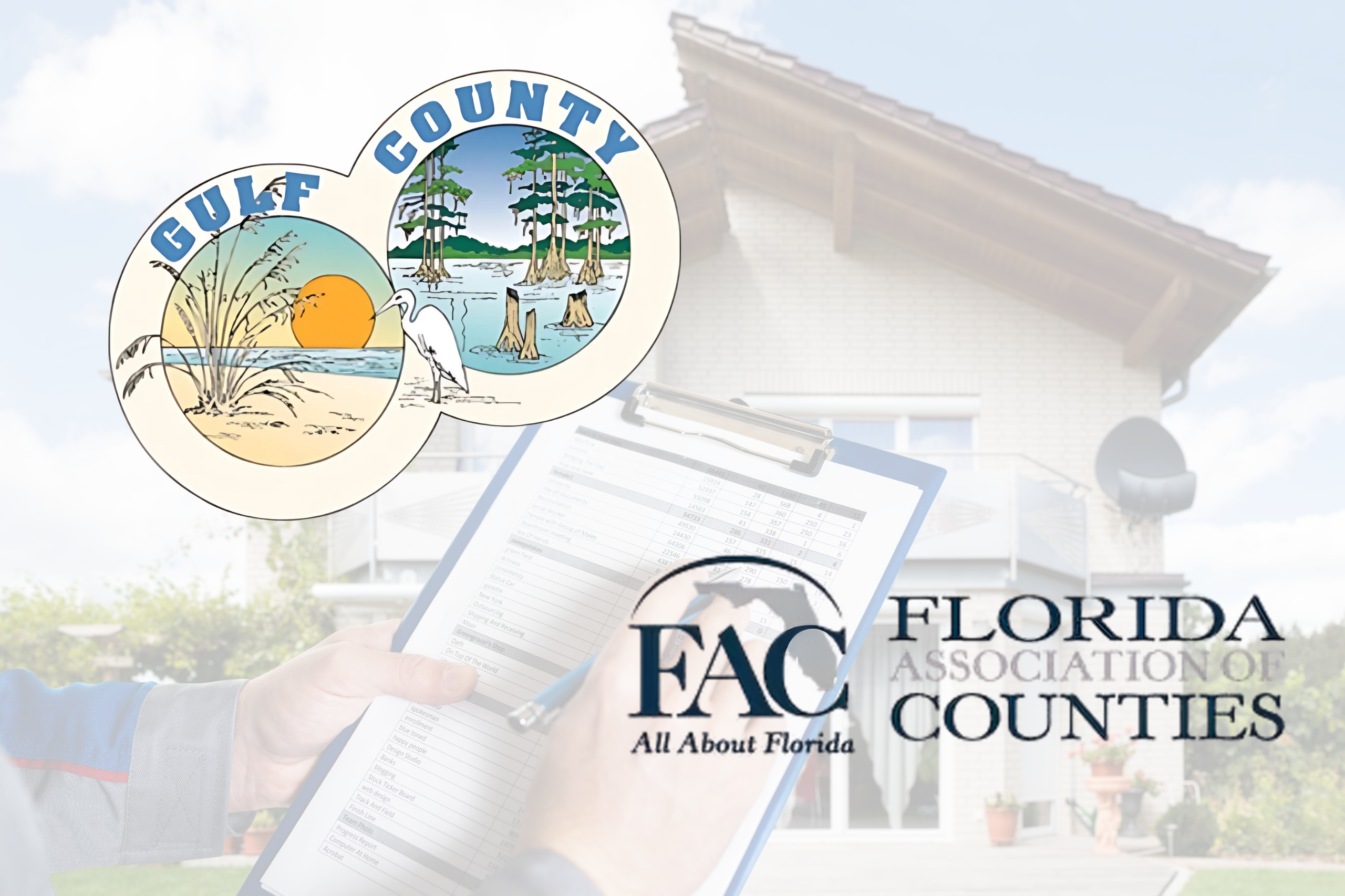TALLAHASSEE — Here we go again: county bureaucrats who don’t like a state law are circling the wagons, slow-walking compliance, and now trying to rewrite reality to make it sound like private providers are bad for residents and business. The Florida Association of Counties’ Community & Urban Affairs Committee is pushing an agenda item dressed up as “citizen protection,” but its own packet undercuts the scare story it’s selling.
The packet’s central claim is “secrecy” — that a contractor can use a private provider without the homeowner’s knowledge. So what? Homeowners hire licensed professionals precisely to make hundreds of technical decisions they don’t micromanage — which inspector to schedule is no different from which truss detail to spec.
The use of private providers, with or without homeowner signoff, is specifically permitted in Florida statutes. Private providers are licensed, certified, and insured to the same state standards as their public-sector counterparts. We all know that the private sector almost always moves more quickly and efficiently than the government. If a homeowner wants to be notified, that’s a contract choice between owner and contractor — not a pretext for counties to kneecap a lawful option.
We’re told private providers were “designed for bigger cities” or post-hurricane spikes, as if rural counties were never in the picture. But the packet also reminds readers the Florida Building Code is meant to apply uniformly across jurisdictions and that private providers have been in statute since 2002 – that’s 23 years! Translation: this isn’t a Miami carve-out — it’s statewide policy that counties have had decades to implement.
On oversight, the sales pitch is “lack of control.” The FAC agenda item tries to bury reality in the fine print, which lists the controls: sworn plan certifications; phase-by-phase inspections; 10-business-day permit timelines after affidavit; sworn certification of code compliance upon completion; and since 2024, mandatory, published audit procedures with results posted for the public.

If “no oversight” is your talking point while you quote the oversight, maybe the talking point needs an audit.
The fiscal bogeyman is even thinner. The packet declares “devastating financial impacts” on Gulf County and its residents, offers no numbers, and then quietly notes that when an owner elects to use a private provider, the permit fee must be reduced to reflect the county’s actual cost savings — with only a reasonable administrative fee allowed. If the math is so devastating, show it. Otherwise, this reads like counties protecting fee revenue, not homeowners.
And, of course, what we know is that it’s the private sector that is taking it in the teeth on this. Gulf County is charging businesses $500 for the use of private providers – and doing absolutely nothing in return.
The legislative rundown is similar sleight of hand. The “loss of local control” language is pinned to a bill that died. The one that passed in 2025 tweaked single-trade inspections and allowed limited post-start use of providers — hardly a system meltdown. Panic without provenance is politics, not policy.
And take a look at who submitted the item: Gulf County — via Brad Bailey. Readers of Red Tape Florida will remember Bailey from our reporting on Gulf’s flat $500 “review” fee when owners chose private providers. Bailey is not a licensed plans examiner nor does he have a building code administrator license, which makes him an odd face for an anti–private provider push built on technical authority. The through-line isn’t safety — it’s bureaucracy protecting its turf.
Bottom line: Florida’s private-provider law gives owners a legal, licensed, insured alternative to the use of local building departments – who often can’t or won’t deliver timely reviews and inspections. The packet trying to kneecap that option reads like a brief for preserving status quo revenue and control — not for protecting consumers. If counties want new tools, say what and why. But stop flouting the law, stop inventing problems, and stop pretending homeowners and small builders are the threat.
FAC shouldn’t embarrass itself further by advancing this item — a straw house, built on sand by an unlicensed builder.
Here’s a better idea – tell Gulf County start following the law.
